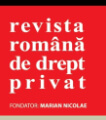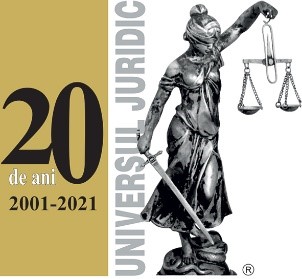Testul impreviziunii după 10 ani de Cod civil
ipopa[at]law.ubbcluj.ro
Cuvinte cheie:
forfeiture of the contract, cause, force majeure, unforeseeability, termination of the contract, hardshipRezumat
The normative adoption of the theory of hardship is a significant element of the reform of private law achieved in 2011 with the entry into force of the new Civil Code. Article 1.271 of the Civil Code is a notable step in bringing private law closer to the ius commune europaeum and its constant tradition in the matter of exceptional changes in the circumstances of the conclusion of a contract. That is why, in the study below, the tradition that inspired the Romanian legislator was reviewed, the relevant comparative law was indicated and the Romanian doctrine and jurisprudence prior to 2011 were briefly investigated. The relevant part, however, is the verification of the operation of the theory of hardship in practice, which is why it was necessary to investigate the authority of Article 1.271 of the Civil Code in the face of the health crisis. However, it can be seen that the theory of contingency may not be the only legal response to the crisis. One of these may be the fortuitous impossibility of enforcement. Another one worth investigating is the lapse of the contract for the disappearance of an essential element at the date of its valid conclusion.
Keywords: forfeiture of the contract; cause; circumstances of the conclusion of the contract; force majeure; fortuitous impossibility of performance; hardship; unforeseeability; unforeseeability; contractual interest; termination of the contract; bargaining in good faith; pacta sunt servanda; rebus sic stantibus; revision of the contract; exceptional change of circumstances; waiver of hardship.
Publicat
Versiuni
- 21-04-2023 (2)
- 13-09-2022 (1)









